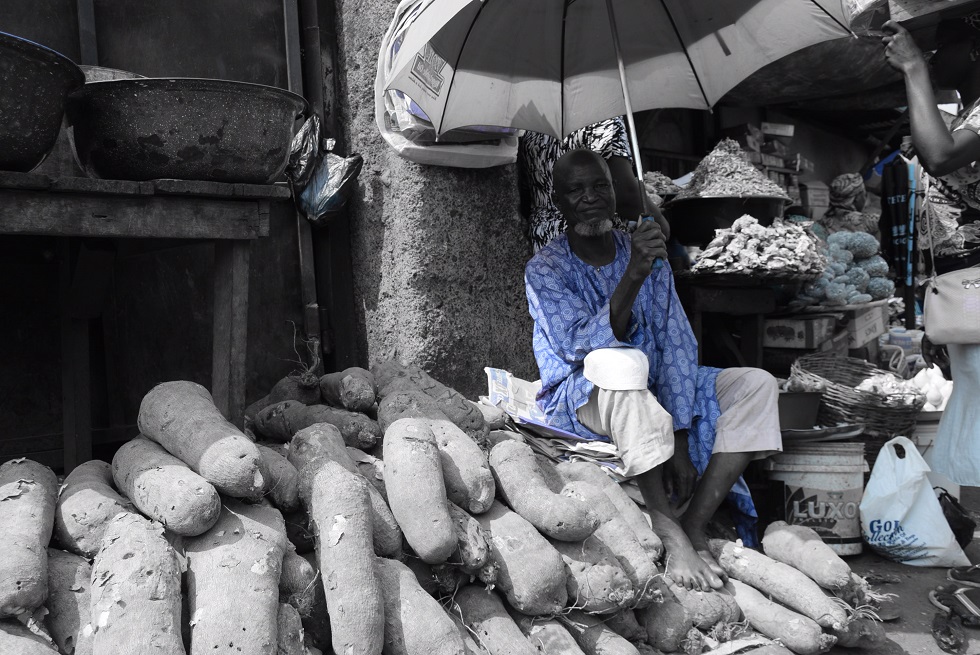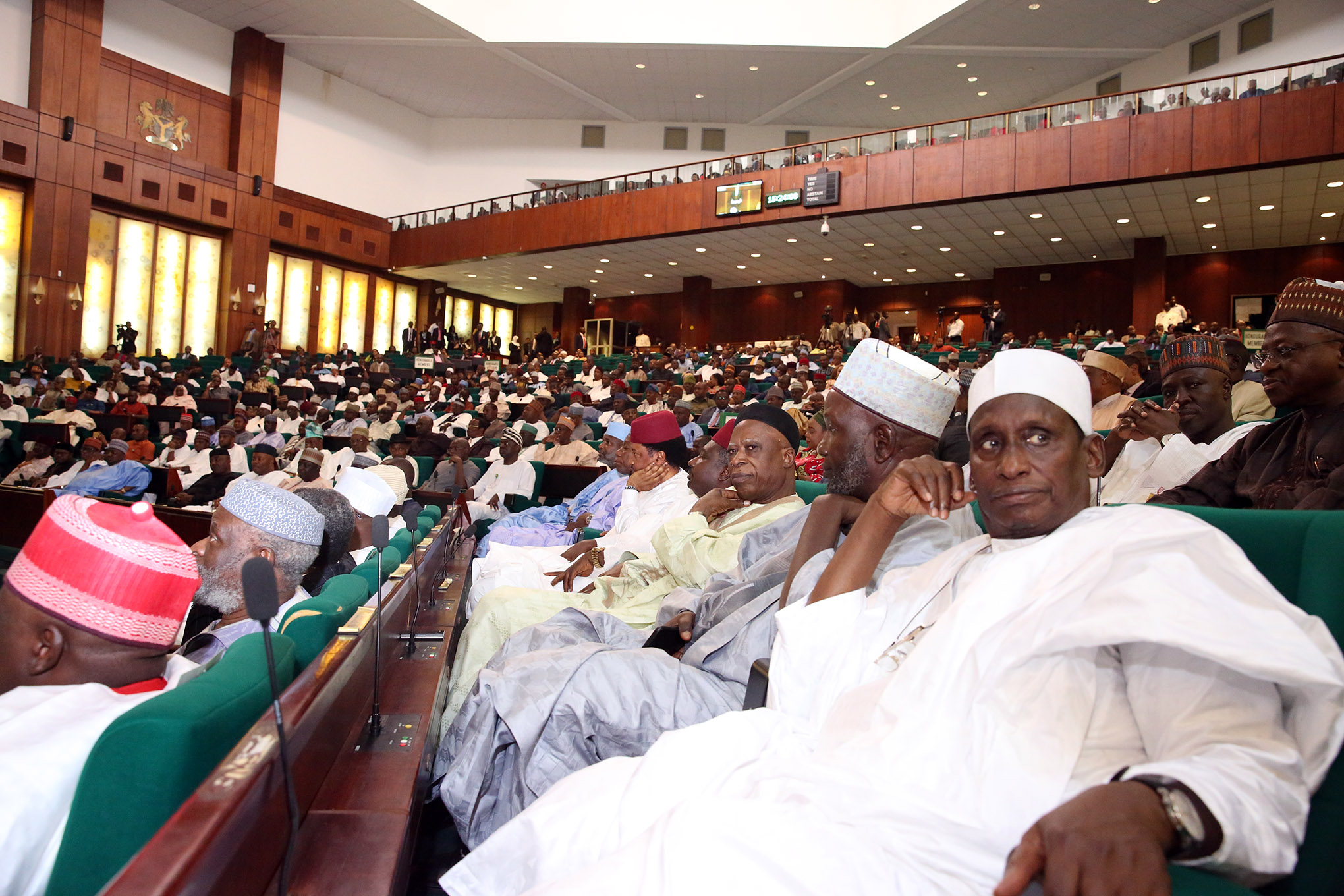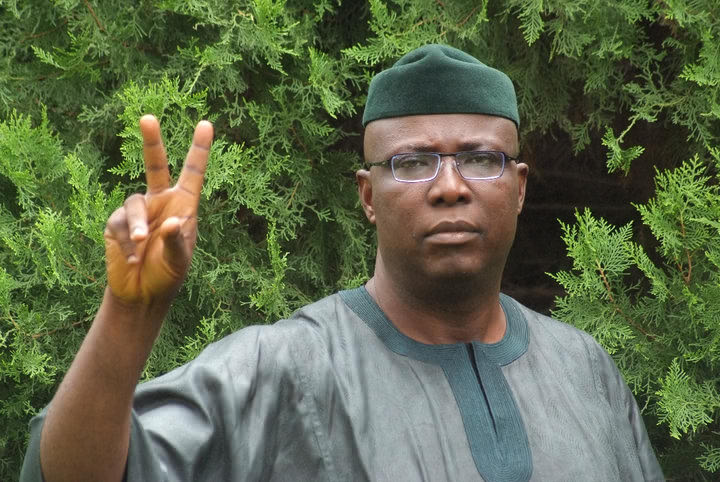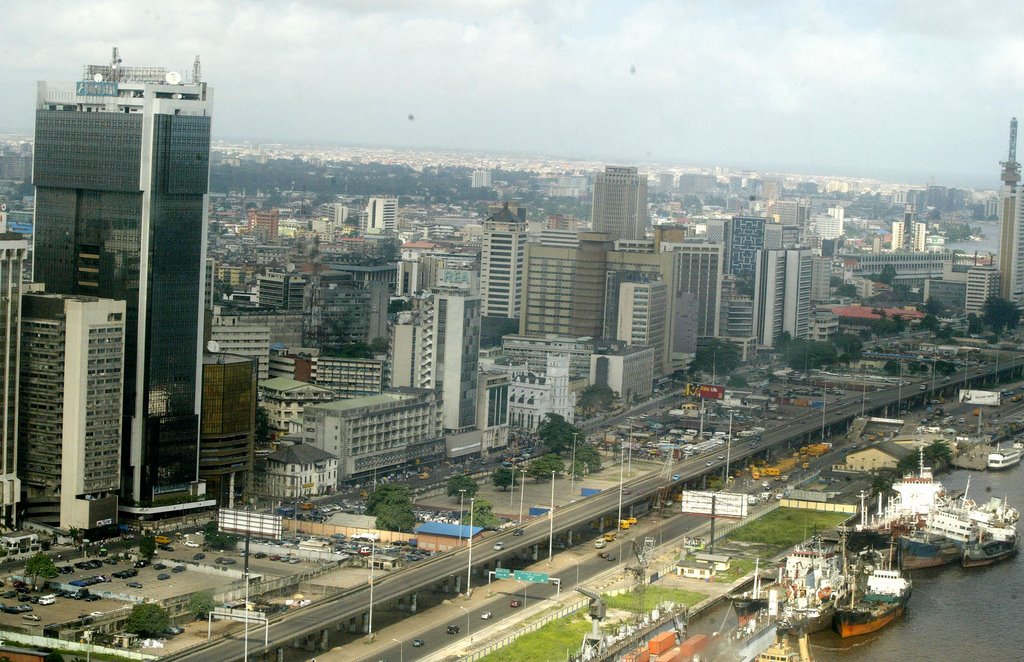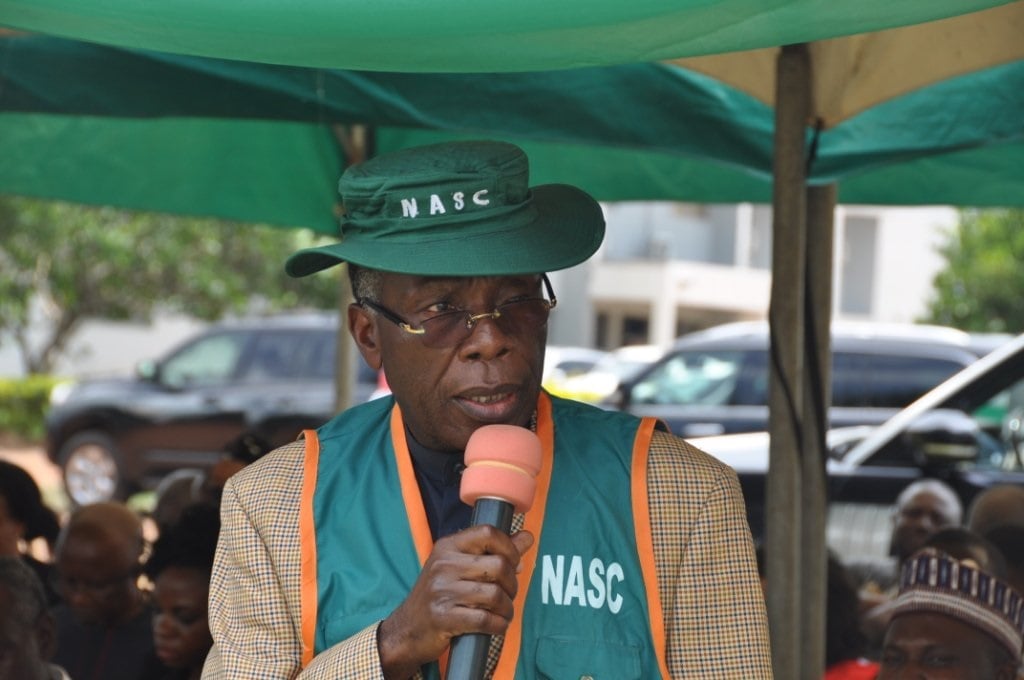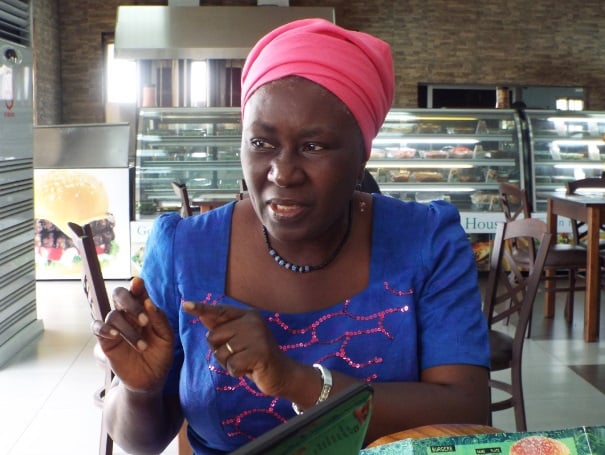Nigerians need good, safe roads, functional hospitals, schools, and drinkable water. They are tired of living in darkness or in the fear of their neighbours. These are the universal needs across the country; North, South, East and West.
The country is not so poor to provide these things. So why are so many Nigerians living in want?
Every year, federal and state governments make huge allocations for exactly these things. Nigeria’s federal government public spending per annum grew by more than 800% from N677b ($2.22b) in 2000 to N6.077 trillion ($19.9bn) by 2016, at current official exchange rate. Strange thing is Nigerians only see the allocations. Even the economy has little evidence to show from such injection. Somehow the allocations or whatever part of it that is released gets spent. Contractors are happy. Politicians and their cronies are satisfied. But nothing changes for the people. Their needs keep growing. Dissatisfaction and grievances as well. It seems nobody in government cares about this; so nobody gets punished for taking what belongs to the people. The people have no voice. At least, so it seems until when there is a protest or violent reaction.
Lately, the call for restructuring seemed to have reached deafening levels. There is a unified recognition among Nigerians sitting on the short end of the table that the current structure for distributing resources is not fair and incapable of delivering the cake equitably. The problem is, unlike the occupyNigeria protest against subsidy removal in 2012, the call to restructure Nigeria is not as cohesive. Different disgruntled parts and segments of the Nigeria federation have used restructuring to mean different things ranging from more devolution, equitable sharing formula for power and resources and in one extreme case, balkanizing Nigeria for the different parts to take leave and exist independently. This lack of a common understanding and definition of restructuring is not surprising.
Advertisement
For too long, majority in the Nigeria enterprise have been marginalized and suffered great deprivations. Quite ironic! Resource sharing never benefitted the majority despite the current artificial construction which favours the majority; at least on paper. To the contrary, existing formula merely serve to deliver the chunk of the cake to Nigeria’s vulturine political class. This minority class is ensconced in Nigeria’s politics, at all levels, and uses legitimate political power to corner illegitimate share of the cake and to cherry-pick and invite from among the majority who joins them to keep the rest of the majority calm and happy enough.
Keeping the disgruntled majority quiet in the current unfair system will likely become more difficult.
The majority of youths in the last IPOB protest are young people with firsthand experience of governance failure. The failures affirm the narratives of discrimination and exclusion passed down from their parents, guardians and heroes who lived through the first three decades of Nigeria’s independence. Therefore, there cannot be any connection between this generation of young people and a Nigeria that has neither cared nor worked for them. Consequently, the odds appear to be piling against a united Nigeria as more young people find it hard to live and survive inside an unfair, unresponsive system.
Advertisement
But restructuring will not deliver paved roads, functional hospitals, quality education and good neighbourliness.
As long as provisions in the 1999 constitution making economic rights of Nigerians ‘unjusticeable’ subsists, no amount of restructuring alone can make government and government officials prioritise the needs of Nigerians above their own selfish interests!
The crux of the matter is that, the provisions of Chapter 2 of the 1999 Constitution in one breadth sets the responsibilities and obligations of government at all levels and almost immediately takes away any obligation to Nigerians (social contract) away from government. As a result, politics of allocation rather than the needs of the citizenry that politics and government should serve in the first place defines governance and the trajectory of public policy.
Security of the people which is set as the primary duty and responsibility of all organs of government, and of all authorities and persons, exercising legislative, executive or judicial powers is the biggest casualty of government failures in Nigeria. Chapter two stipulates that national integration shall be actively encouraged, whilst discrimination on the grounds of place of origin, sex, religion, status, ethnic or linguistic association or ties shall be prohibited. Today, too many Nigerians- women, young people, people living with disabilities- are arm stretched to the Executive and Legislature pleading for policies and legislations to protect and include them!
Advertisement
S.16(2) of the chapter requests every state to direct its policy towards ensuring that the material resources of the nation are harnessed and distributed as best as possible to serve the common good; that the economic system is not operated in such a manner as to permit the concentration of wealth or the means of production and exchange in the hands of few individuals or of a group; that suitable and adequate shelter, suitable and adequate food, reasonable national minimum living wage, old age care and pensions, and unemployment, sick benefits and welfare of the disabled are provided for all citizens.
Making government at all levels work for all Nigerians is all that it requires to fix Nigeria. Restructuring in the form of devolution of power or reallocation of roles and increasing of resources from one level or arm of government to another is not likely to contribute visibly to the living conditions of the people or their wellbeing. The fundamental directive and objective principles of the 1999 Constitution (popularly known as Chapter Two) must be strengthened and made justiceable to compel officials and governments to work for and in the interest of the people and be held accountable.
The 2019 elections present immediate window for Nigerians to start chasing the most important. Let us make chapter two of our constitution, or at least major component of it justiceable for a start.
Advertisement
Add a comment

